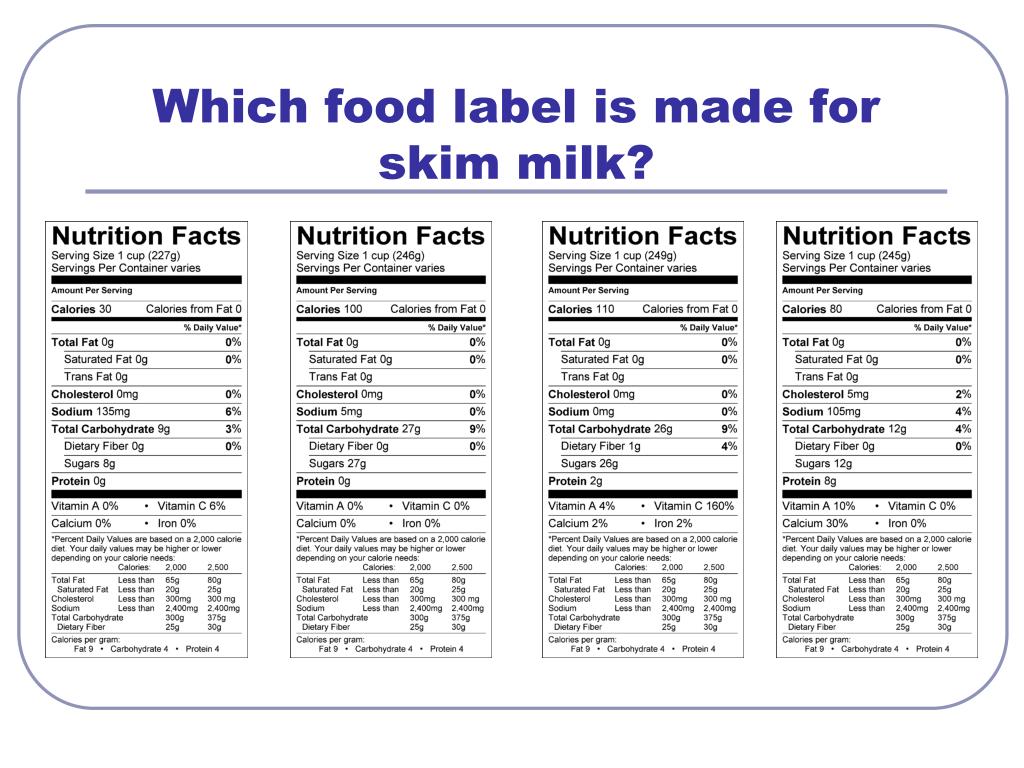


Fiber is a healthy complex carb that aids in digestion and regulates blood sugar.įiber also maintains healthy cholesterol and keeps you feeling fuller for longer so that you’re less likely to snack on unhealthy foods. Starches are complex carbs that provide vitamins and minerals to your body. You’ll find three key types of carbohydrates in your food and beverages: starch, sugar, and fiber. These are essential in any diet as they help your body turn food into energy, giving you the ability to go about your day-to-day business.īut the number of carbs you consume will affect your blood sugar too much and you’ll be at risk of diabetes too little and you’ll develop hypoglycemia. CarbsĬarbohydrates are sugar molecules that comprise one of the three primary nutrients found in food. But fats are high in energy.Īccording to the NHS, one gram of unsaturated fat equals four calories, while a single gram of saturated fat is the equivalent of nine calories.Īnd it’s high levels of saturated fats that can pose serious health risks to our bodies, including increased cholesterol and a higher risk of heart disease.Īccording to the Cleveland Clinic, a healthy diet is one in which around 20 to 35% of the total number of daily calories are obtained from fat.Īt the same time, the AHA recommends that no more than 6% of our daily total should come from saturated fat.Ī cup of oat milk typically contains 5g of fat, while a cup of skim milk contains 0.2g. It’s vital that we have small amounts of fat in our diets to provide our body with fatty acids that aid in absorbing essential vitamins such as vitamin A, vitamin D, and vitamin E. We can also obtain adequate amounts of protein through plant alternatives such as whole grains, nuts, beans, and legumes.Ī cup of oat milk typically contains 3g of protein, while a cup of skim milk contains 8.3g. It is also found in our bones, hair, skin, and pretty much our entire bodies as it helps make up essential enzymes that power reactions in our body and builds hemoglobin that oxygenates our blood.Īccording to Harvard Health, the average person requires 0.36g of protein per pound of body weight.īut it’s not just meat and dairy that can provide us with this essential building block. Protein is a macronutrient essential for building muscle mass in our bodies. Nowadays, we think of calories as a unit of energy, which physicists typically describe as the amount of energy to force one newton through one meter.Ī cup of oat milk typically contains 120 calories, while a cup of skim milk contains 83 calories. Calories describe the amount of energy in a particular type of food or drink.Ī historical article from The Journal of Nutrition cites one calorie as the amount of required heat to increase the temperature from 0 to 1 degrees celsius in 1kg of water.


 0 kommentar(er)
0 kommentar(er)
